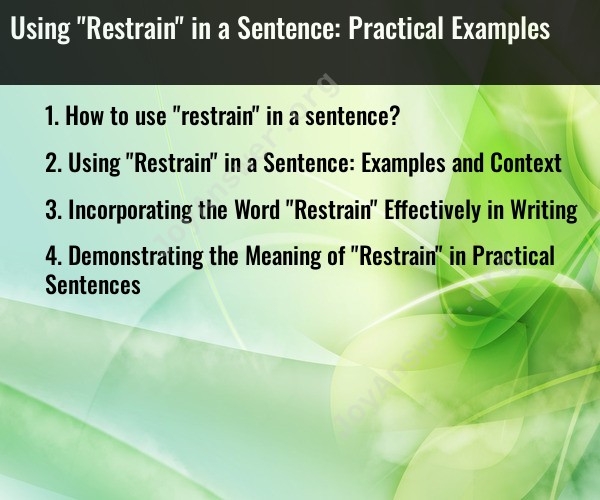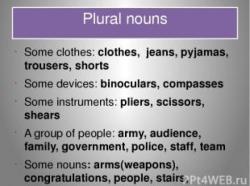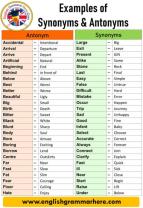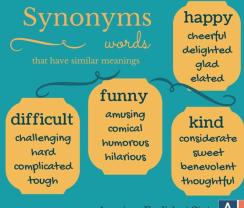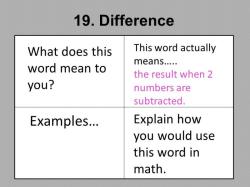How to use "restrain" in a sentence?
"Restrain" is a verb that means to hold back, control, or prevent someone or something from doing a particular action or behaving in a certain way. Here are some practical examples of how to use "restrain" in a sentence:
Physical Restraint:
- "The security guard had to restrain the unruly fan who attempted to rush onto the stage during the concert."
- "It was challenging to restrain the excited dog from running after the squirrel."
Emotional Restraint:
- "She had to restrain her anger and maintain a calm demeanor during the heated argument."
- "He struggled to restrain his tears at the emotional farewell ceremony."
Self-Control:
- "I need to learn how to restrain my impulsive spending habits and save more money."
- "He had to restrain himself from eating the tempting dessert to stick to his diet."
Restricting or Preventing Action:
- "The court issued a restraining order to restrain the stalker from approaching the victim."
- "Traffic signs are in place to restrain drivers from exceeding the speed limit."
**Limiting or Holding Back:
- "The bad weather conditions restrained the team from conducting the outdoor event as planned."
- "Budget constraints restrained the company from expanding its operations this year."
Preventing Something from Escaping:
- "The firefighters worked tirelessly to restrain the spreading of the wildfire."
- "They used a net to restrain the fish in the pond during the cleaning process."
"Restrain" is a versatile word that can be used in various contexts to describe the act of controlling or preventing actions, emotions, movements, or behaviors. It typically involves the imposition of limitations or measures to ensure control or safety.
Using "Restrain" in a Sentence: Examples and Context
The word "restrain" can be used in a sentence in a variety of ways, depending on the context. Here are some examples:
- The police had to restrain the unruly crowd.
- The doctor restrained the patient to prevent him from harming himself.
- The judge restrained the defendant from contacting the victim.
- The politician restrained himself from making inflammatory remarks.
- The animal trainer restrained the tiger with a whip.
- The parent restrained their child from eating too much candy.
- The writer restrained himself from using too many clichés.
In each of these examples, the word "restrain" is used to mean "to control or limit something."
Incorporating the Word "Restrain" Effectively in Writing
When writing, it is important to use the word "restrain" effectively to convey the intended meaning. Here are some tips:
- Be specific about what is being restrained. For example, instead of saying "The police had to restrain the crowd," you could say "The police had to restrain the crowd with tear gas and rubber bullets."
- Use strong verbs to emphasize the act of restraining. For example, instead of saying "The doctor restrained the patient," you could say "The doctor pinned the patient to the bed."
- Use context to help the reader understand the reason for the restraining. For example, instead of saying "The judge restrained the defendant from contacting the victim," you could say "The judge restrained the defendant from contacting the victim because he was afraid that the defendant would harm her."
Demonstrating the Meaning of "Restrain" in Practical Sentences
Here are some practical sentences that demonstrate the meaning of "restrain":
- The dog had to be restrained on a leash because it was aggressive.
- The patient was restrained in a wheelchair to prevent her from falling.
- The prisoner was restrained in handcuffs to prevent him from escaping.
- The fire department used water cannons to restrain the wildfire.
- The government imposed price controls to restrain inflation.
- The student restrained her anger to avoid saying something she would regret.
